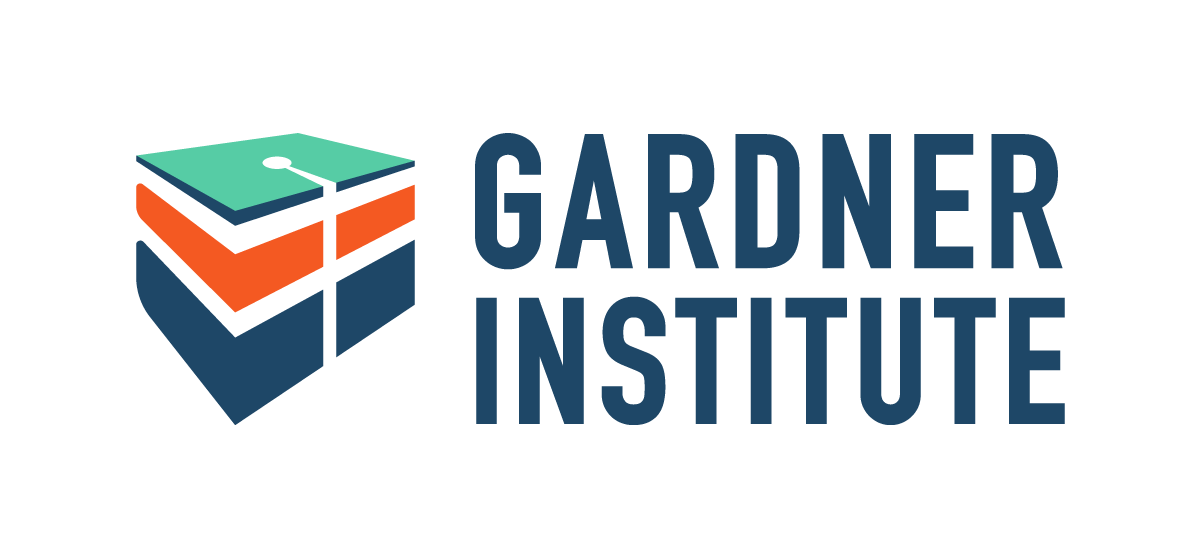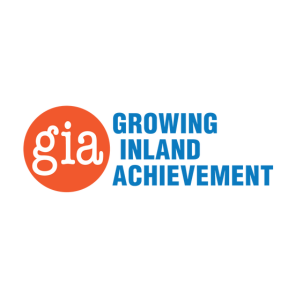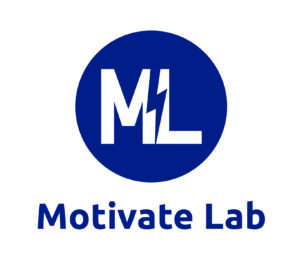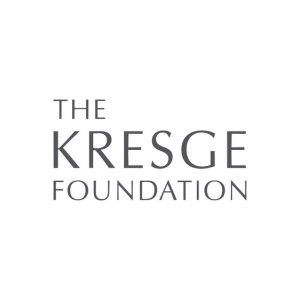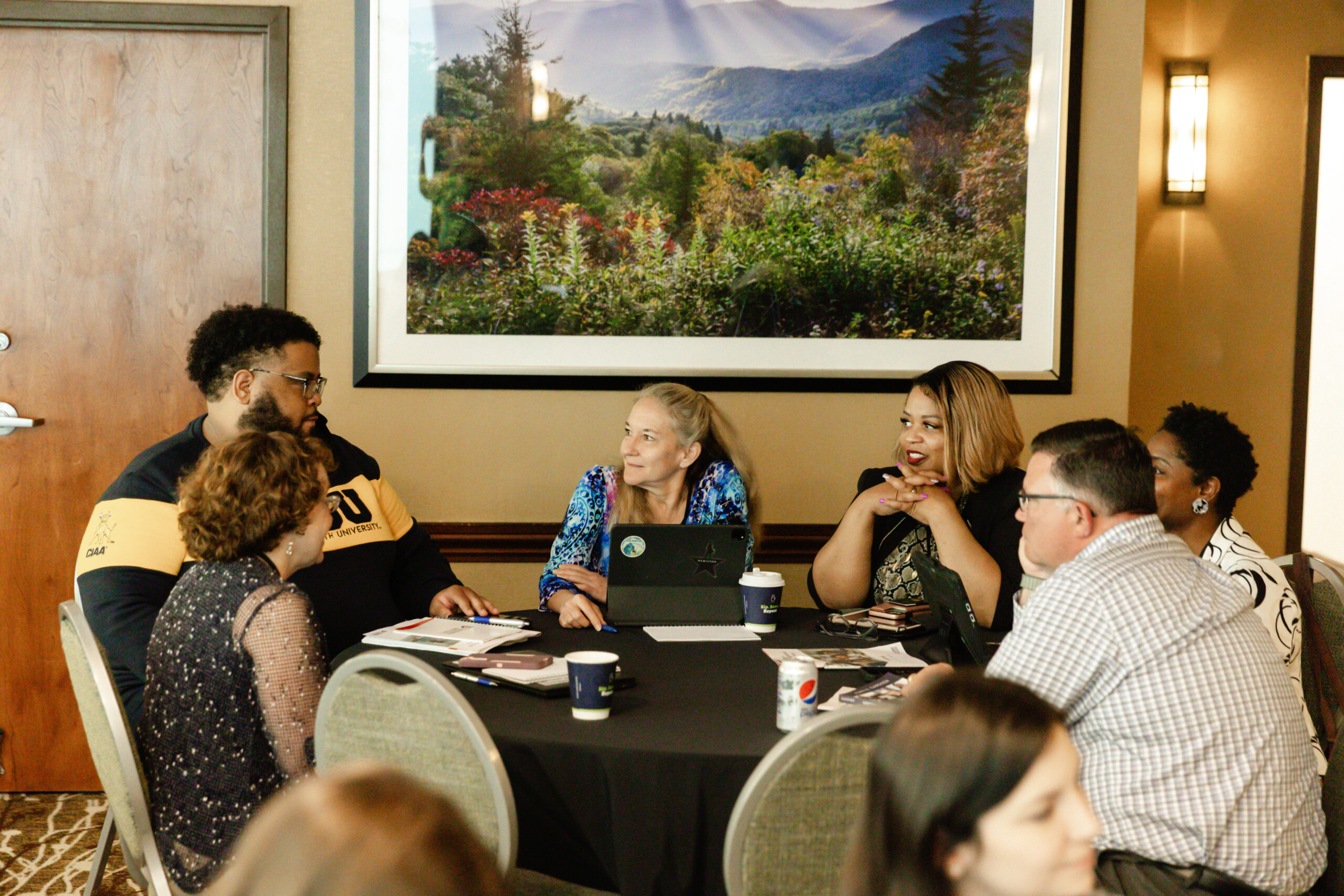Closing the Gap: Groundbreaking Project Aims to Improve Gateway Course Outcomes for Historically Marginalized Students in Michigan and California
The Gardner Institute, in partnership with Motivate Lab and Damour Systems, launched the second stage of this Kresge Foundation supported Gateways to Completion work with postsecondary institutions in urban ecosystems in June of 2021. Applying lessons learned about impact and scale from the recently concluded (February 2020) and highly successful Kresge Foundation-funded Michigan Gateways to Completion project, this new phase focuses on addressing significant issues that have come to the forefront as a result of the global pandemic.
Goals
• To improve student success—as measured by student learning, belonging, grades, retention, persistence, and completion rates—through the creation and implementation of gateway course redesign plans.
• To apply redesign plans to at least 50% of all sections of the courses that are being redesigned.
• To address equity gaps in gateway courses—to ensure that historically underrepresented students start, succeed in, and complete courses in degree pathways with high workplace value
Institutional Partners
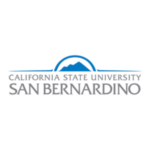
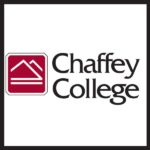
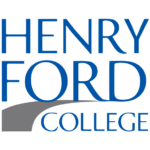
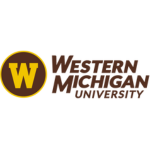
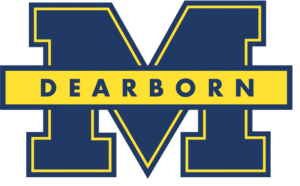
Organizational Partners
Funding Partner
Key Insights
- Five institutions with a combined enrollment of nearly 80,000 students participating from California and Michigan.
- 44% of students are from historically underrepresented populations (Latinx, Black, Indigenous) and 42% of students receive a Pell grant.
- The participating institutions have analyzed 49 separate curriculum maps and discovered specific areas of blockage in gateway courses and curriculum pathways on which to focus.
Next Steps
- Gardner Institute and Damour will continue to help institutions refine curricular analytics work based on evidence collected.
• Gardner Institute will continue supporting Gateways to Completion course redesign based on collected evidence. - Participating institutions will provide the Gardner Institute with annual updates of post-census data sets.
- Gardner Institute will conduct analysis of lagging indicators to share with participants and other appropriate audiences.
